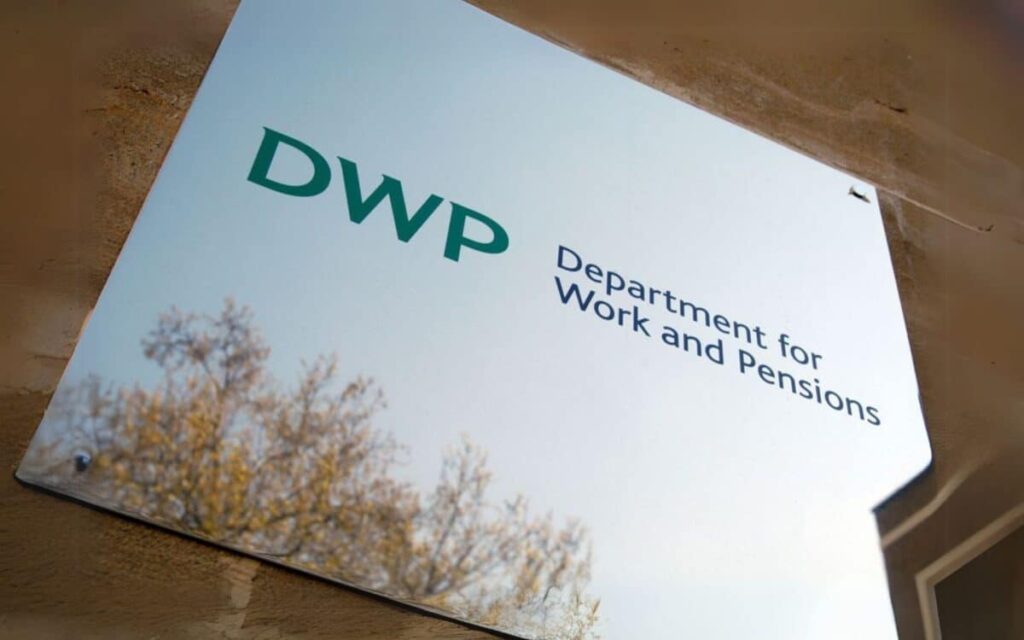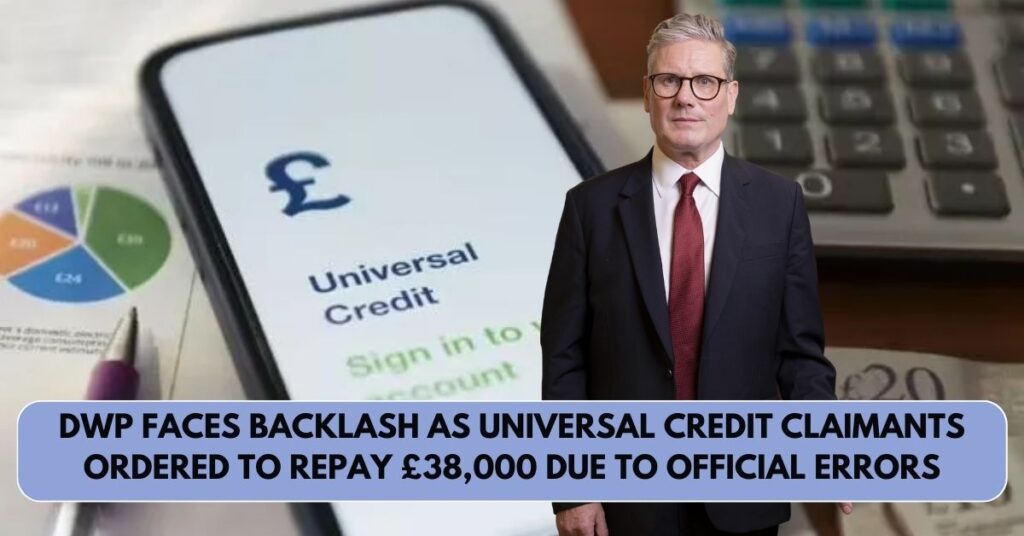The Department for Work and Pensions (DWP) is facing mounting criticism over its policy of reclaiming Universal Credit overpayments—even when the mistake was made by the government itself. In recent months, multiple claimants have been ordered to repay tens of thousands of pounds, with some debt demands reaching as high as £38,000.
Campaigners and advocacy groups argue that this practice is unfair and financially devastating, particularly for vulnerable individuals who relied on the payments in good faith. With calls for urgent reform growing louder, the DWP’s approach to overpayments is now under intense scrutiny.
The Scale of the Issue
According to recent reports, 686,756 new cases of Universal Credit overpayment debts were recorded in the 2023/2024 fiscal year. These overpayments—classified as official errors—were caused by the DWP itself but are still being recovered from claimants.
Many of those affected are already on low incomes and struggling with the rising cost of living. The DWP’s approach of deducting repayments directly from ongoing Universal Credit payments means that some claimants are seeing up to 25% of their monthly benefits taken away, pushing them further into financial hardship.
Source: Big Issue Report on DWP Overpayment Debts

Real Cases Highlight the Impact
One of the most shocking cases involves a state pensioner who was told to repay over £38,000 due to incorrect advice from the DWP. Despite following official guidance and being assured that she was eligible for Universal Credit, she later received a demand to pay back the full amount.
Another troubling case involved a student who was incorrectly advised that she qualified for Universal Credit while studying for a master’s degree. After receiving payments for several months, she was later informed that she had been overpaid and needed to repay thousands of pounds. Following a long legal battle, her debt was eventually waived, but not before it caused significant stress and financial instability.
Source: Public Law Project Report on Universal Credit Overpayments
Calls for Reform
A coalition of over 30 charities and legal advocacy organizations has called on the government to stop forcing Universal Credit claimants to repay money lost due to official errors. The campaigners argue that the policy is unjust and disproportionately affects the most vulnerable people in society.
The charities have written to the Secretary of State for Work and Pensions, urging an immediate review of the repayment system and requesting that claimants should not be held responsible for errors they did not cause.
Source: Public Law Project on Overpayment Debt Recovery
DWP’s Response
The DWP has defended its policy, stating that overpayment errors only account for 0.3% of Universal Credit spending. A spokesperson emphasized that while mistakes happen, it is still the responsibility of claimants to ensure they are receiving the correct payments.
The government argues that Universal Credit is a means-tested benefit, meaning individuals should only receive what they are entitled to. In cases where overpayments occur, claimants are encouraged to contact DWP to arrange an affordable repayment plan.
Source: The Independent Report on Universal Credit Overpayments
Financial Consequences for Claimants
The financial impact of these repayment demands is significant:
- Up to 25% of a claimant’s Universal Credit payment can be deducted each month.
- Some individuals face repayment periods of several years, even decades.
- Many claimants have reported being pushed into rent arrears, food insecurity, and debt due to repayment demands.
Source: Big Issue Analysis of DWP Overpayment Recovery
What Can Claimants Do?
If you have been told to repay Universal Credit overpayments, you can:
- Request a Mandatory Reconsideration – If you believe the overpayment was due to a DWP error, you can challenge the repayment decision.
- Apply for a Repayment Plan – Contact DWP to negotiate a lower deduction rate or spread payments over a longer period.
- Seek Legal Advice – Organizations such as Citizens Advice and the Public Law Project offer free legal assistance for benefit disputes.

Useful Links:
- Appeal an Overpayment Decision: www.gov.uk/mandatory-reconsideration
- Citizens Advice Universal Credit Help: www.citizensadvice.org.uk
- Public Law Project Legal Support: www.publiclawproject.org.uk
Conclusion
The controversy over Universal Credit overpayments has reignited debates about fairness and accountability in the UK’s welfare system. While the DWP insists that claimants must repay any money they were not entitled to, campaigners argue that holding people responsible for the government’s own mistakes is fundamentally unjust.
With legal challenges mounting and public pressure growing, calls for reform may soon force the government to reconsider its stance on overpayment recovery. Until then, affected claimants should explore their options for appeals, repayment plans, and legal support to minimize financial hardship.
This article has been carefully fact-checked by our editorial team to ensure accuracy and eliminate any misleading information. We are committed to maintaining the highest standards of integrity in our content.


